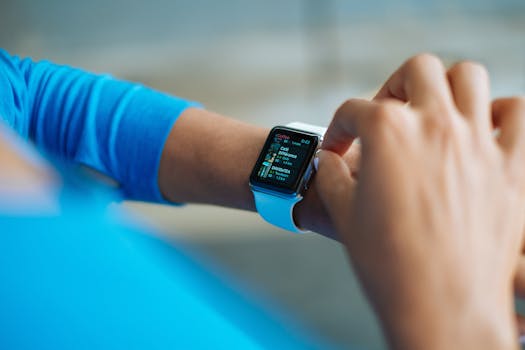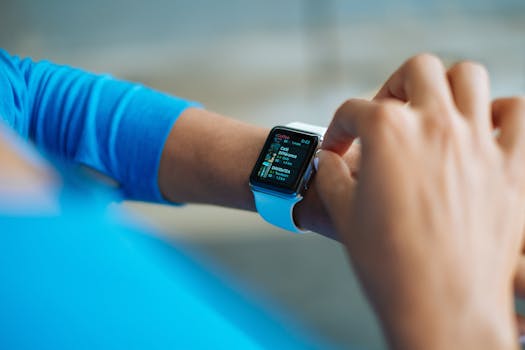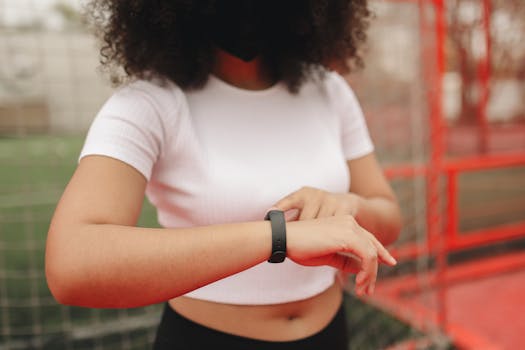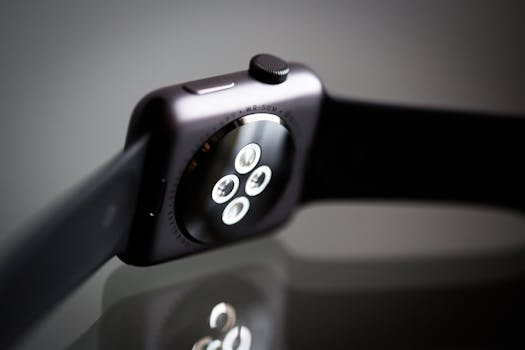
Introduction: The Evolution of Health Tech

In recent years, the world of health technology has evolved at a breakneck speed, especially due to the rise of wearables and health gadgets. Looking ahead to 2025, experts are predicting an even greater leap forward. From fitness trackers to smart clothing, the future of health tech promises to blend seamlessly into our daily lives, enhancing our understanding of personal health and well-being.
The Rise of Advanced Wearables

By 2025, we can expect advanced wearables to become even more sophisticated. Today’s fitness trackers primarily serve functionalities such as step counting or heart rate monitoring; however, the next generation will likely incorporate capabilities like continuous glucose monitoring, advanced ECG features, and even early detection of illnesses through AI sustainability algorithms. We can foresee wearables integrating more advanced biosensors that provide real-time data and insights for users, allowing them to proactively manage their health.
Integration with Smart Home Devices

As technology advances, wearable devices are expected to become smarter by integrating seamlessly with various smart home appliances. Imagine a world where your fitness tracker communicates with your smart thermostat to adjust room temperature based on your workout level, or your fridge sends nutrition alerts based on your dietary restrictions tracked by your health devices. This interconnected ecosystem can streamline healthy living and personalized care, making monitoring health condition more intuitive and user-friendly.
Telehealth and Wearable Innovation

Telehealth services are revolutionizing the ways health professionals and patients interact. With the intertwining of telehealth and wearables, patients may soon be able to transmit health data directly to their healthcare providers. This innovation means more accurate diagnoses and widespread monitoring through plush features, such as automatic blood pressure sending or anxiety level tracking through a smartwatch. As we embrace this shift, the future could herald a era where wearable technology forms a core part of our telehealth framework, ensuring optimal management of chronic conditions remotely.
The Role of Artificial Intelligence

Artificial intelligence is set to transform health tech, functioning as an intimate computer assistant embedded within our wearables. In 2025, apps powered by AI may learn and adapt to take habits and individual fitness preferences into account, offering personalized recommendations that can enhance fitness compliance or alert users when to recharge or even consult health practitioners. With automations defending forgotten medications and missed exercises, the streamlining aspect will help both healthcare providers and users alike achieve excellent health outcomes. Moreover, gamification combined with AI will enable dynamic experiences, making health tracking more engaging.
